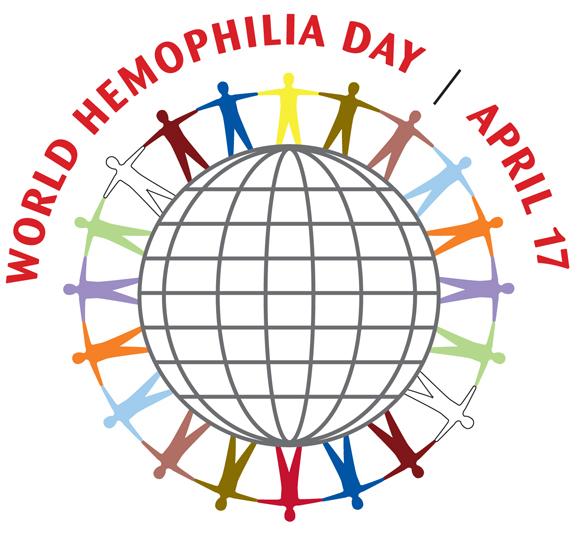
prevention of hemophilia:
Because it is an inherited genetic disease, hemophilia cannot be prevented ,but with proper knowledge and treatment it can be handled.
However, individuals who have a family history of hemophilia may benefit from genetic testing and counseling before deciding to have a baby.
If you or any of your immediate family members (parents or siblings) have hemophilia or are carriers and you are thinking about having a child, you may want to talk to a health professional who specializes in the study of inherited disorders (medical geneticist) before becoming pregnant. A genetic counselor can tell you how likely it is that your child will have hemophilia and how severe it might be.
The most important way for individuals with hemophilia to prevent complications of the disease is to avoid activities that may lead to injury.
Those individuals who require dental work or any type of surgery may need to be pre-treated with an infusion of factor VIII to avoid hemorrhage. Hemophiliacs should also avoid medications or drugs that promote bleeding; aspirin is one such medication and many prescription drugs have anticoagulant properties.
If you have hemophilia, maintain a healthy body weight to limit the stress on your joints, which can lead to bleeding episodes. Also, talk to your doctor about creating an exercise plan that is safe for people with hemophilia. Regular exercise strengthens the joints and muscles, which helps prevent bleeding.
It is especially important to prevent bleeding into the joints, because it can result in severe disability.
People with a family history of hemophilia can learn their risks of passing hemophilia to their children. A simple blood test is usually all that is necessary.
People with hemophilia should take steps to avoid injuries, accidents and excessive strain on the joints. This can help to prevent episodes of bleeding.
An infant with hemophilia should have appropriate padding in his crib or playpen.
A toddler with hemophilia should be supervised as he learns to walk.
A school-age child with hemophilia should avoid contact sports and activities that have a high risk of trauma.
People with hemophilia may need a blood transfusion at some point. They should get immunized against hepatitis A and B, diseases that can be carried in blood products.
People with hemophilia must avoid aspirin and other medications that affect blood clotting.
related
links:
(more
information About
World
Hemophilia Day )
http://www.wfh.org/en/